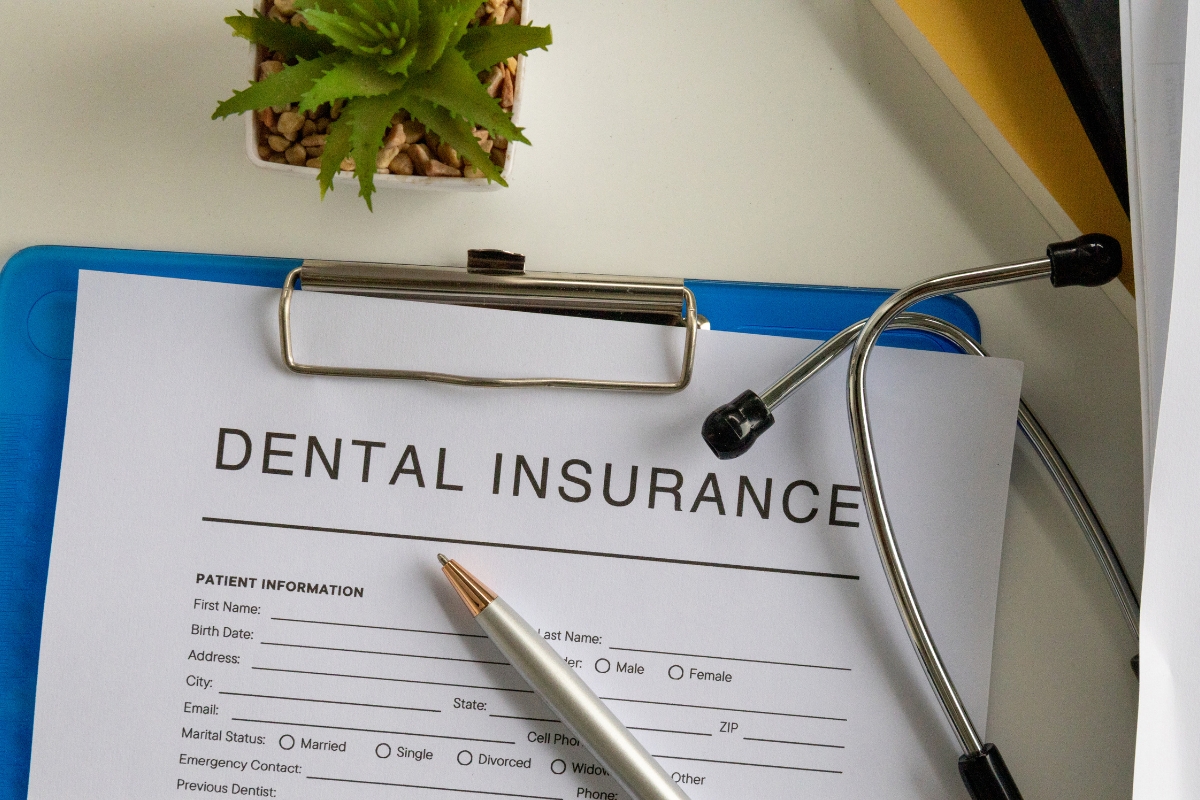
Chocolate bars tempt even the healthiest of eaters. Stress, boredom, or parties typically trigger sweet cravings. Surprisingly, sugar begins to harm teeth a mere 20 minutes after consumption. San Antonio residents inadvertently increase their chances of cavities with every sweet indulgence.
According to professional dentists, ignoring sugar’s effect causes long-term harm. Sweet indulgences may be satisfying now but hurt you later.
Why Sugar Is Bad for Your Teeth
Sugar feeds mouth-harming bacteria. These bacteria emit acid when they digest sugar. Acid erodes tooth enamel and kills its protective layer. When the enamel erodes, teeth are prone to cavities and decay.
As per qualified dentists, even a single sugary snack can make the oral environment unfriendly. Saliva does its part to counteract acids. However, repeated sugar intake sends balance into turmoil. Reducing sugar lessens cavity risk. Oral health deteriorates when acid erosion occurs daily.
Immediate Steps to Take After Eating Sugary Foods
You Have to Rinse with Water
Water effectively neutralizes acid and washes away food particles. Therefore, you need to rinse immediately after eating sweets. Avoid flavored waters or sports drinks, as they contain hidden sugars. Stick to plain, filtered water for the best results.
Consider Avoiding Brushing Immediately
Brushing right after sugar weakens enamel further. You should wait 30 minutes before brushing your teeth. This allows your saliva to neutralize acids. Brushing too soon scrubs softened enamel away. A professional dentist in San Antonio always recommends patience post-sugar.
You Must Chew Sugar-Free Gum
Chewing stimulates saliva secretion, which coats enamel and removes debris. You can choose xylitol gum for extra protection. Saliva is a natural cleanser. Gum should never replace brushing. However, it is helpful between meals. You can ask your dentist for recommended gum brands that are beneficial for enamel health.
Best Practices for Long-Term Dental Protection
You Must Brush and Floss Regularly
Brush two times daily using a soft-bristled brush. You should floss once daily to dislodge food trapped between teeth. Brushing eliminates plaque before it hardens into tartar. On the other hand, flossing keeps tooth decay and gum disease at bay.
Consider Using Fluoride Products
You must use fluoride toothpaste to strengthen enamel. Moreover, you can use a fluoride rinse for extra protection. A dentist can prescribe higher concentrations of fluoride for high-risk patients. Fluoride reverses early decay.
You Should Eat Tooth-Friendly Snacks
Cheese, nuts, and raw vegetables protect teeth and clean surfaces. You have to avoid sticky, sweet snacks. Apples, carrots, and celery are excellent options. They stimulate saliva flow and reduce plaque.
Visit Your San Antonio Dentist Regularly
Consider visiting your dentist every six months. Cleanings remove buildup that brushing cannot access. A dentist catches early signs of cavities and gum disease. Dental offices offer personalized dental care to patients of all ages.
What Not to Do After Eating Sugar
Don’t Brush Too Hard
Aggressive brushing wears away enamel faster, especially after an acid attack. Therefore, you should brush in soft circles.
Don’t Sip Sugar Slowly
Sipping soda or juice all day keeps sugar on teeth for extended periods. You have to drink it quickly and rinse afterward.
Don’t Skip Night Brushing
Forgetting to brush at bedtime leaves sugar on teeth overnight. You should always brush before bedtime. A dentist repeats this a lot.
When to See a Dentist
Tooth sensitivity, white spots, or visible pits may be symptoms of early decay. You need to schedule an appointment right away. A dentist will address cavities early to prevent deeper decay. Professional cleanings remove tartar and plaque.
Dental offices provide exams, cleanings, and fluoride treatments. Dentists emphasize long-term dental health. You must schedule regular appointments for early intervention and cavity prevention.
Sweets are fun. However, constant care keeps your smile safe. Rinse always, wait a while, then brush well. Use fluoride and snack wisely between meals.
Visit our dentists for personalized care and early detection. A little effort now prevents dental problems. Call us today.



